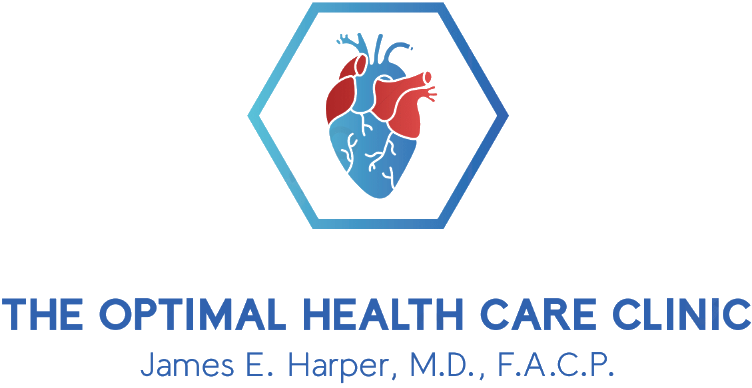Preventive care is one of the most effective ways to protect your health and avoid serious medical issues. Rather than waiting for symptoms to develop, this approach focuses on detecting risks early and taking proactive steps to maintain your well-being. While preventive care is good for avoiding illness, it’s also a smart strategy for reducing long-term healthcare costs and improving quality of life.
What Is Preventive Care?
Preventive care includes the routine check-ups, screenings, and vaccinations that help you stay healthy over time. The goal is to identify potential problems before they become serious and to guide you toward lifestyle habits that support lasting wellness.
A well-rounded preventive care plan often includes:
- Health Assessment: A thorough review of your medical history, current health, and potential risk factors.
- Diagnostic Screenings: Regular tests tailored to your age, gender, and personal risk profile to catch health concerns early.
- Lifestyle Recommendations: Guidance on nutrition, exercise, and stress management to help you maintain balance.
- Vaccination Updates: Keeping your immunizations current to protect against preventable diseases.
- Regular Follow-Ups: Monitoring progress and adjusting care strategies as your needs change.
- Patient Education: Explaining what your health metrics mean and providing tools to improve them.
Good preventive care is an ongoing process that evolves as your health and circumstances change.
Why Preventive Care Saves Lives
Serious health conditions such as heart disease, diabetes, and certain cancers often develop silently over time. Many people don’t experience symptoms until the disease has advanced. Preventive care changes this trajectory by detecting warning signs before complications occur.
For example, routine blood pressure checks can reveal hypertension before it damages your heart, kidneys, or brain. Cholesterol screenings can identify imbalances that put you at risk for a heart attack, while certain cancer screenings can find abnormal cells early, when treatment is most effective.
Preventive care also encourages proactive lifestyle adjustments. Discussions about healthy eating, exercise, and stress management create opportunities to make small, sustainable changes that have a major impact on long-term health.
How Preventive Care Reduces Costs
When serious illnesses are caught late, treatment becomes far more complicated and expensive. Hospital stays, surgeries, and long-term medications quickly add up, not to mention the emotional and physical toll on patients and their families. Preventive care minimizes these risks and costs by identifying health concerns before they escalate.
Managing blood sugar through diet and medication, for instance, is far less expensive than treating complications from advanced diabetes such as kidney failure or nerve damage. Similarly, staying on top of cholesterol and blood pressure can prevent costly cardiac events down the road.
Simply put, preventive care is an investment. The modest expense of check-ups and screenings can save thousands of dollars and preserve your quality of life for years to come.
The Optimal Health Care Clinic Difference
At The Optimal Health Care Clinic in Johns Creek, preventive care is more than an annual appointment. It’s a personalized partnership that prioritizes your long-term health. Dr. James Harper brings over 40 years of internal medicine experience to every patient visit, offering thorough evaluations, detailed health education, and individualized plans designed to help you thrive.
Take the First Step Toward Better Health in GA
Your health is your most valuable asset. If you live in Johns Creek, Alpharetta, or Suwanee, schedule your preventive care appointment today. Call 770-538-1747 and experience attentive, personalized care that puts your well-being first.

